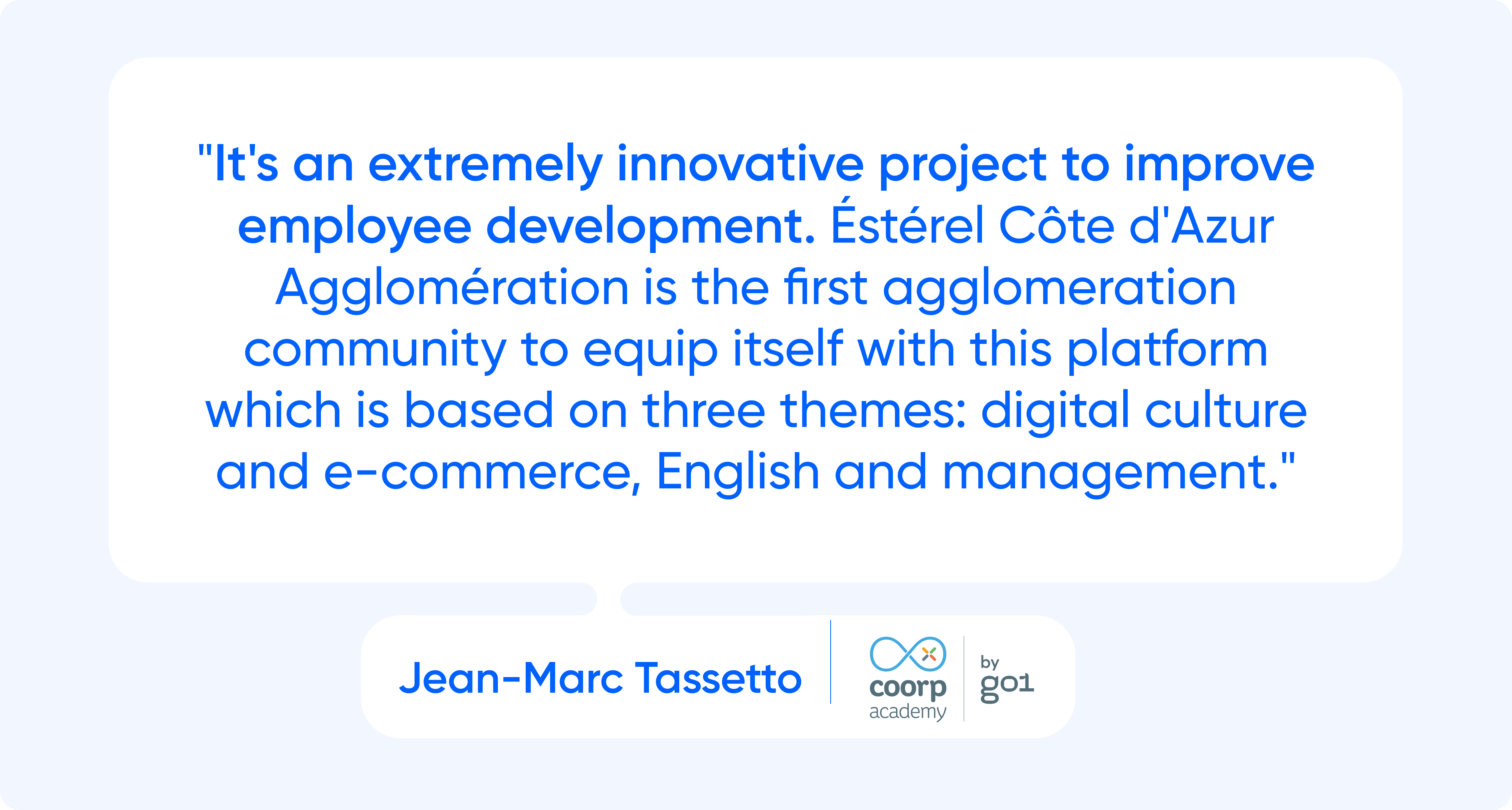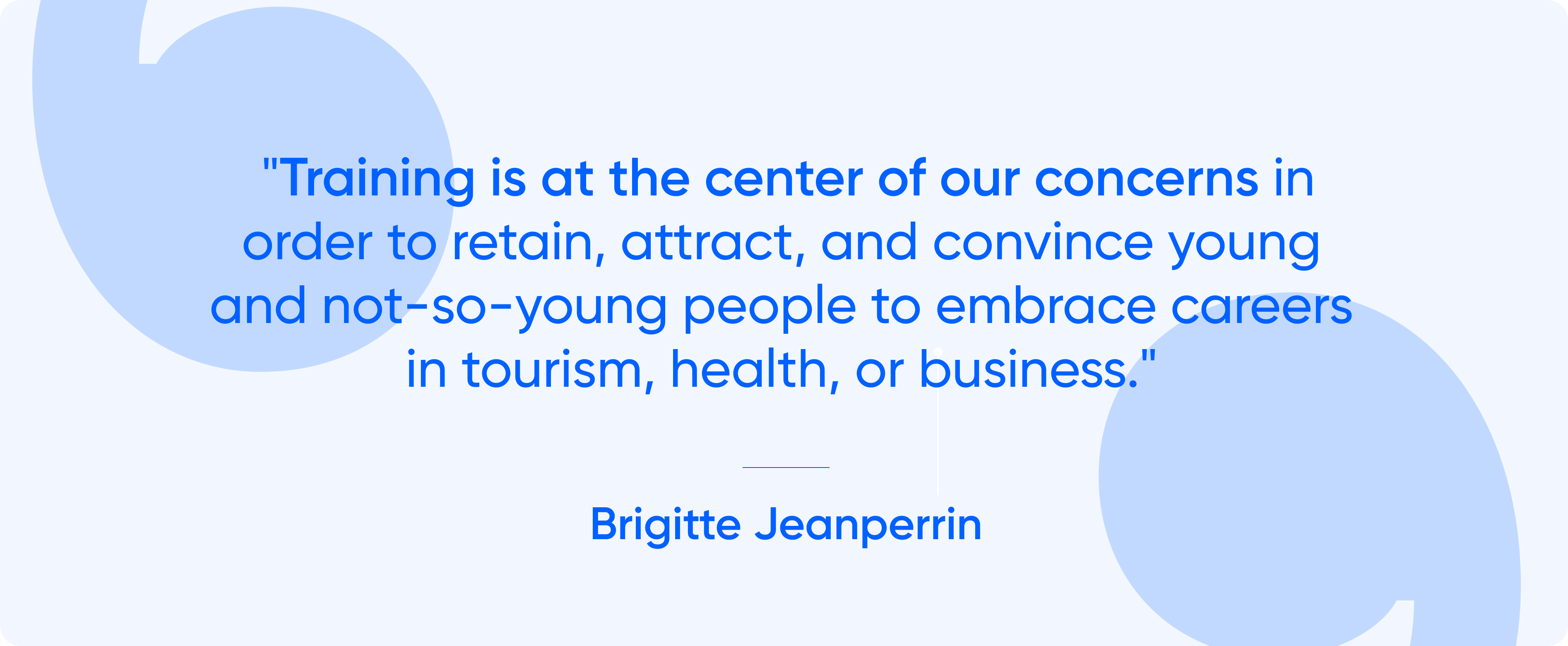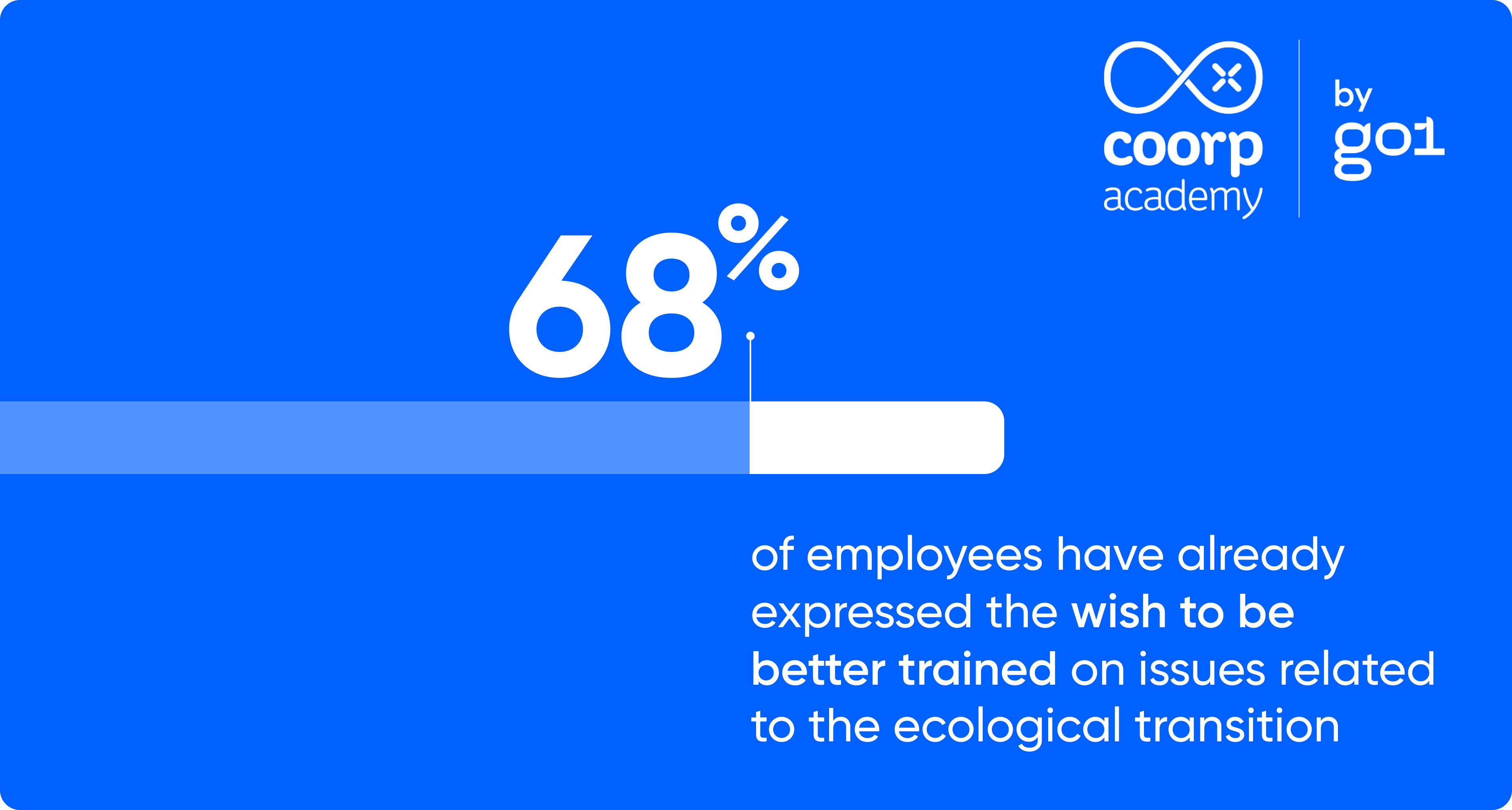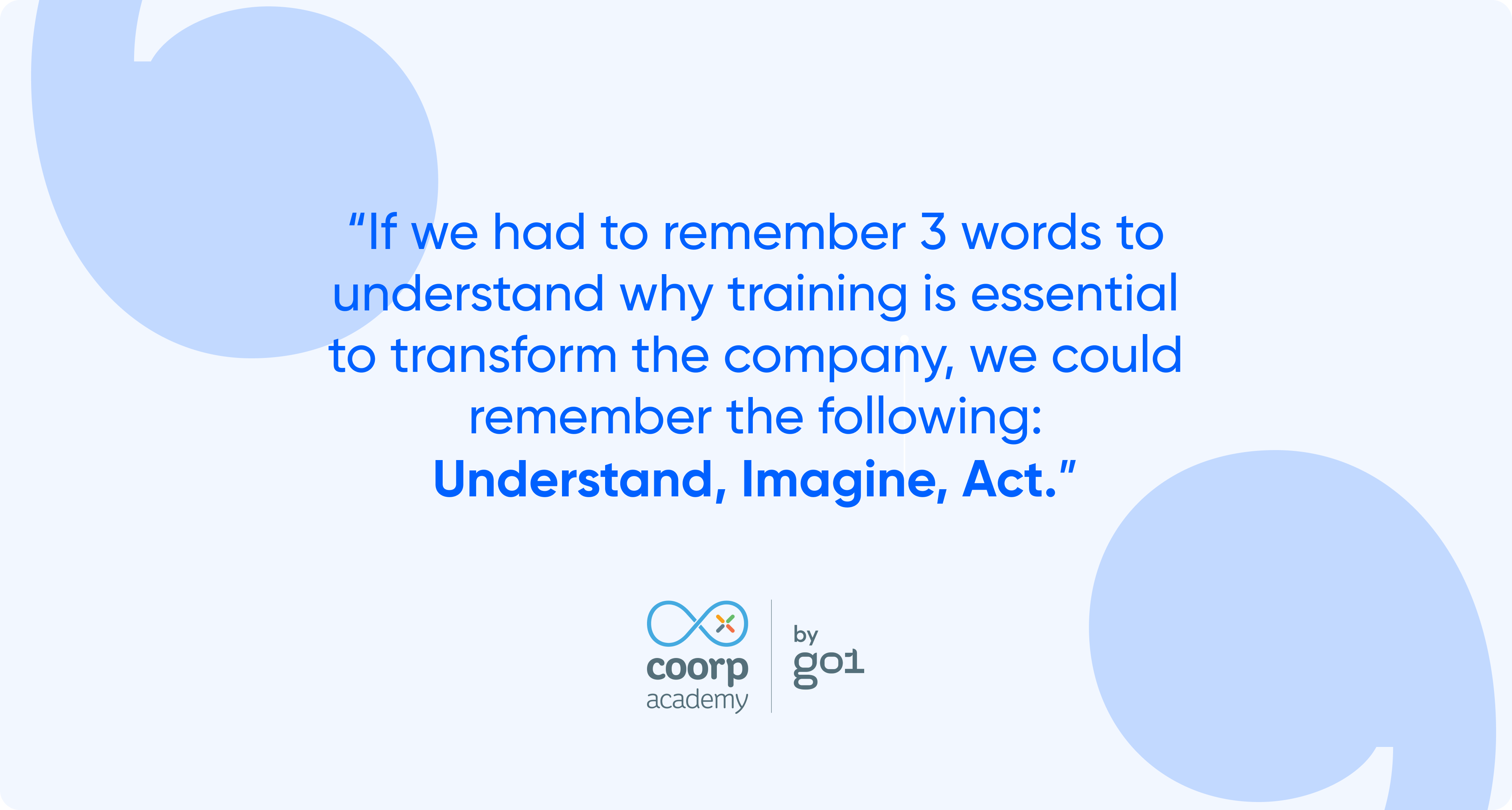We’ve been hearing about it everywhere since this summer: “quiet quitting” is a phenomenon that consists of staying at work while taking a break. Saying no to overtime, giving up reading emails outside of work hours, apologizing for events in the life of the company, would be the symptoms of this phenomenon of quiet quitting.
So, should we consider this phenomenon as a real disengagement of employees or a simple reaffirmation of their well-being? And above all, what measures can managers put in place to respond to this phenomenon?
It is spreading on social networks, the hashtag #quietquitting, which now counts more than 75 million views on TikTok. Born in the United States, this phenomenon would particularly affect the employees of Generation Z. In order to preserve their mental health and well-being, these employees would decide to do what is asked of them, in the strictest sense of the word. Generation Z is one of the generations most affected by mental health issues, and this trend is a direct result of the difficulties GenZers face in not considering work a priority in itself.
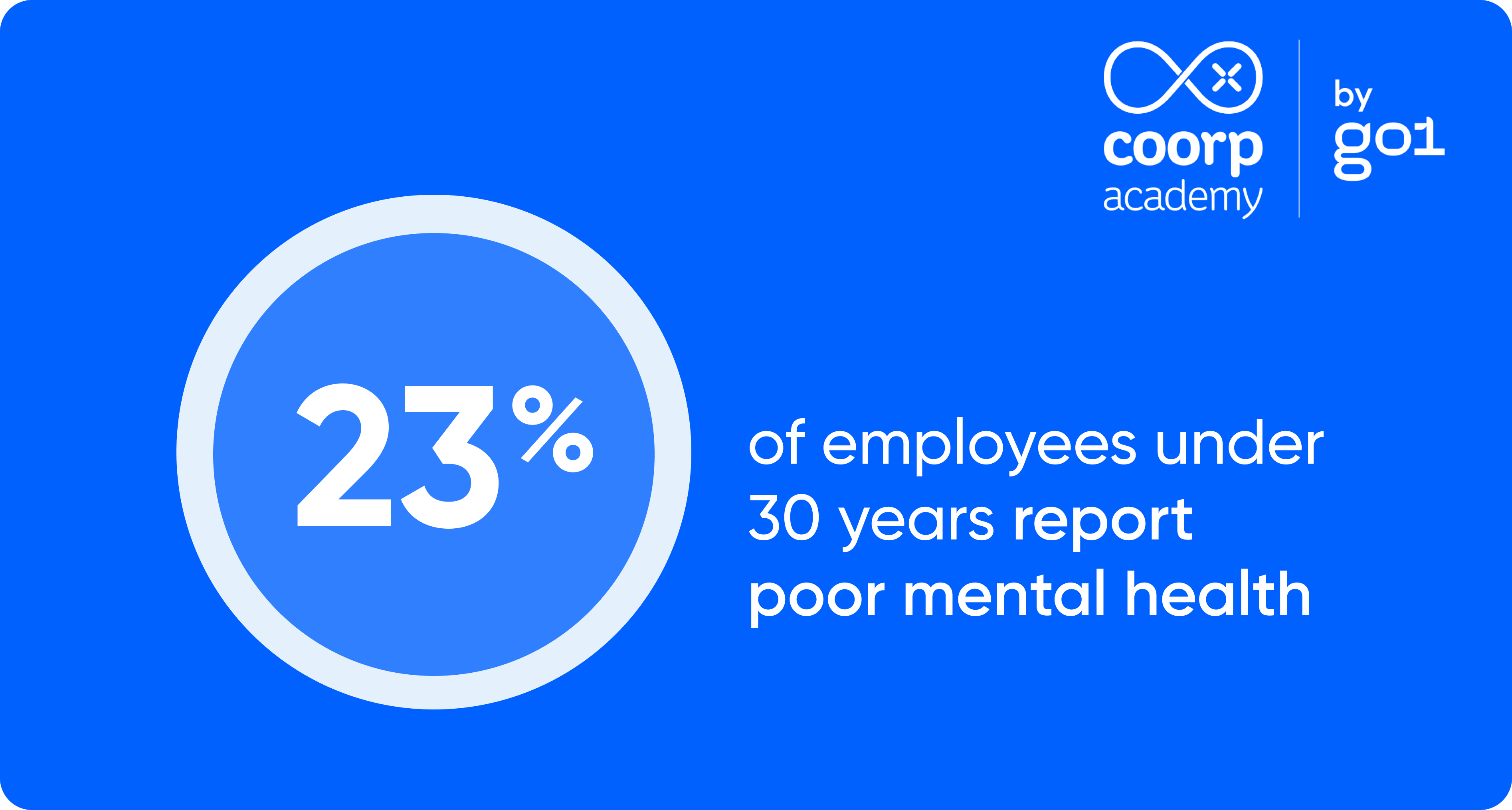
According to a study conducted by Malakoff Humanis last July, 23% of employees under the age of 30 report poor mental health, compared to 16% of all employees. Thus, 44% of young people who judge their mental health negatively attribute it to the professional context alone. Moreover, the health crisis that has led to confinement, disconnection from the professional world and an increase in teleworking also explains the appearance of this phenomenon. The “post” world is also a world where the boundaries of work are redefined, and where the quest for meaning is more than ever a priority for employees, even before the question of remuneration.
Is the term “silent resignation” really appropriate? The phenomenon does not so much refer to a desire to quit as to an aspiration for more well-being in life. As the World Economic Forum explains, it is about finding a better balance between work and private life. A better lifestyle for workers does not prevent them from remaining productive and meeting deadlines. Indeed, the symptoms of silent quitting come from legitimate demands, from employees who have reviewed their priorities. Whatever one thinks, the right to disconnect exists and is even framed by law (voted in France in 2017). The question that lies then is not whether these employees want to quit or not, but rather, how the company manages to conjugate with these new expectations.
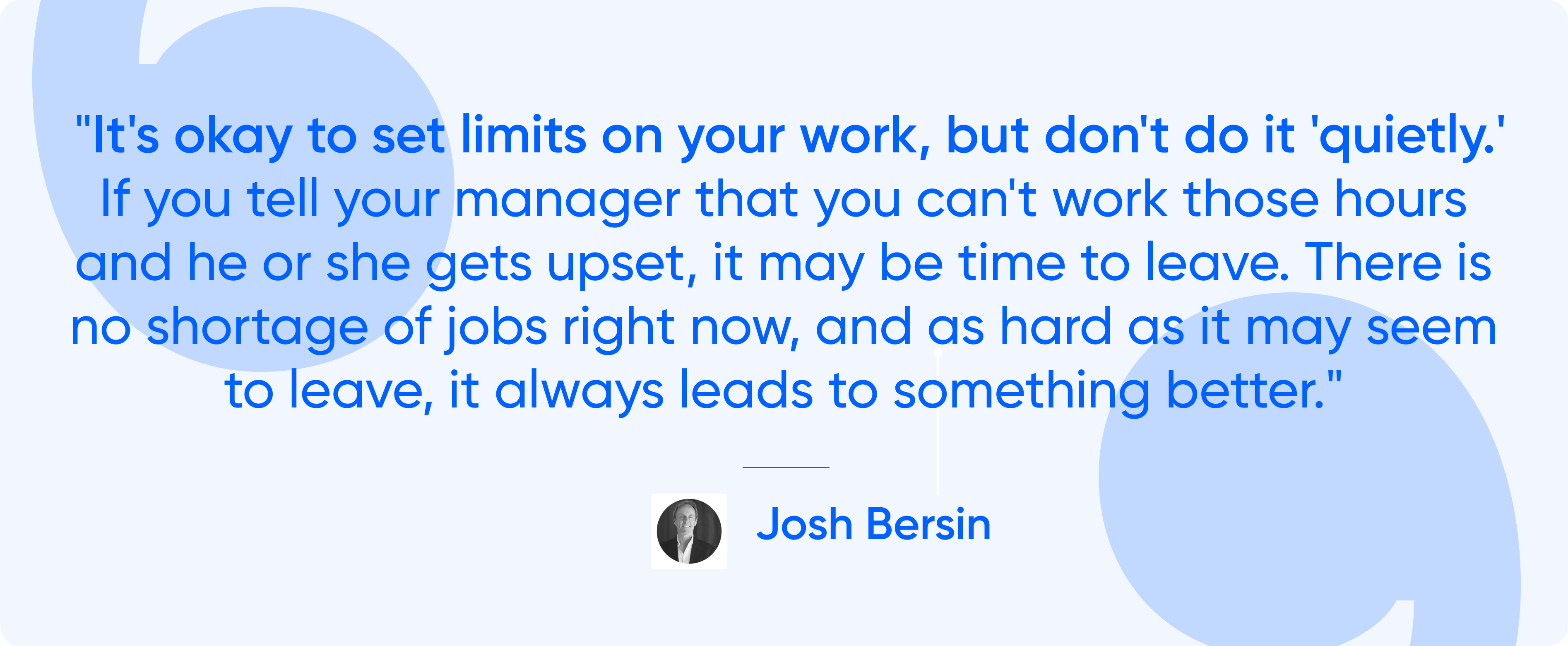
In this context, employees are in a position of power. As Josh Bersin aptly describes, “It’s okay to set limits on your work, but don’t do it ‘quietly.’ If you tell your manager that you can’t work those hours and he or she gets upset, it may be time to leave. There is no shortage of jobs right now, and as hard as it may seem to leave, it always leads to something better.” From then on, quiet quitting would mostly be an opportunity for companies to put the well-being of their employees first. Quiet quits are more often indicative of managerial issues than a desire to be lazy.
So how can companies respond to this phenomenon?
The quality of management is key. If managers are disengaged, employees will feel it and will be less able to give their best. Indeed, the quality of the manager-employee relationship is one of the main factors of job satisfaction and commitment. Beyond the commitment of the manager himself, he must also learn to actively take into account the expectations, the needs and the difficulties encountered by his collaborator, in order to accompany him in the best possible way. It is imperative that a relationship of trust be established beforehand so that the employee feels comfortable confiding his or her needs, and that the manager is able to give the employee the means to do his or her job properly.
According to Gallup, the best requirement and habit to develop for managers is to have one exchange per week with each team member – 15 to 30 minutes.
To effectively engage employees, you also need to account for the collective work. This means detailing how each person’s work contributes to the common goal.
Finally, companies would benefit from adapting more to new organizational modes and hybrid work, which are part of employees’ expectations. More flexibility and autonomy for employees are crucial trust-building measures that can no longer be ignored by companies seeking to improve their employer brand.
Indeed, to remain attractive and attract talent, the company must learn to communicate its corporate culture to the outside world and provide a quality onboarding process to integrate new talent. Employee benefits are also important. For example, according to a Linkedin survey, 94% of employees would stay longer with a company if it invested in their career. Offering a training program to employees is in fact at the heart of their employability strategy and their renewed commitment to the company.
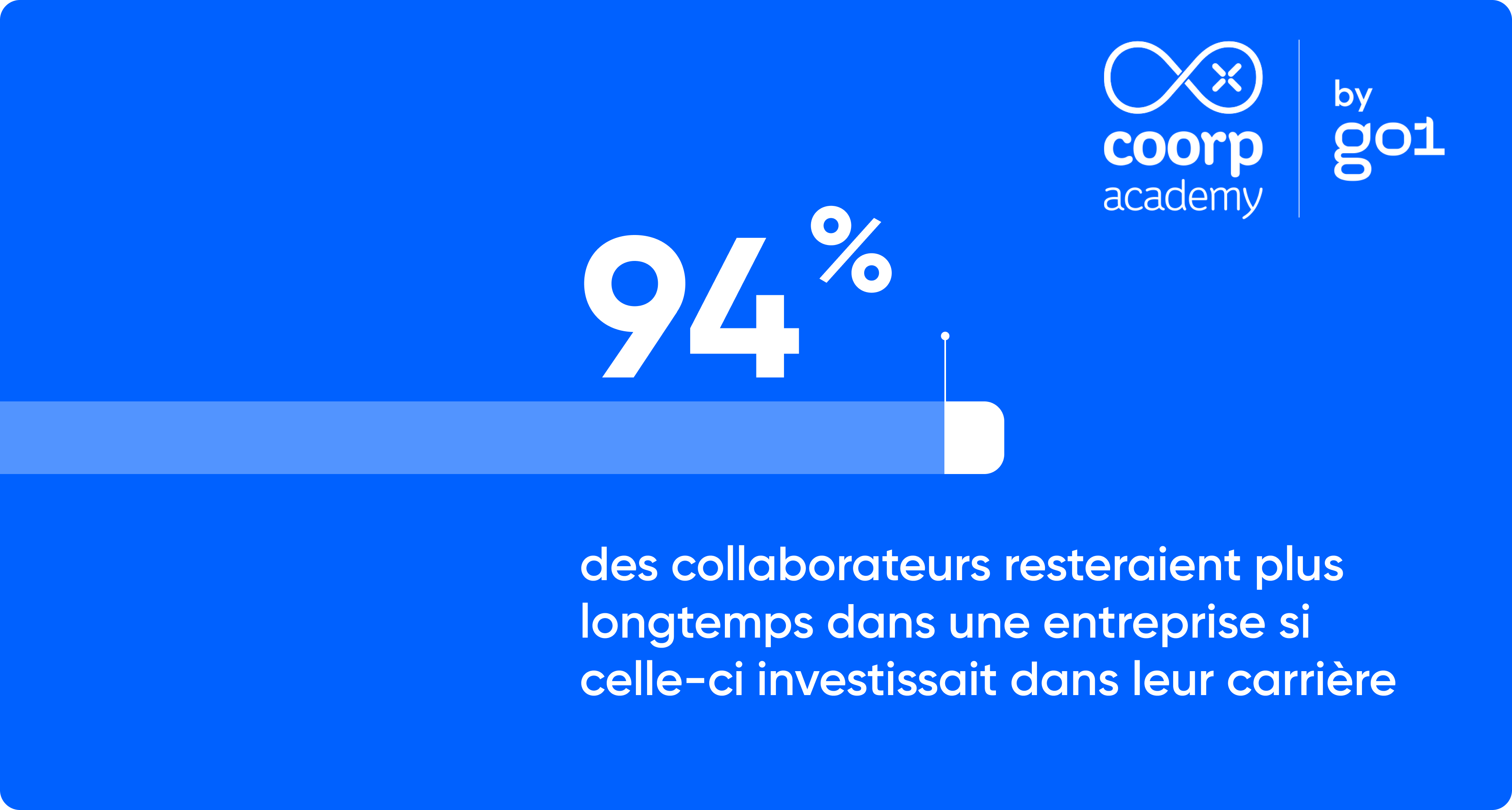
To remember
Basically, “quiet quitting” is neither a fashion nor a new phenomenon. It is simply the affirmation of new expectations in terms of well-being at work on the part of employees. Having quiet quitters within the company means having employees who are not very involved in their work outside of their assigned missions. The starting point is to understand them in order to allow a questioning of the management in place, and to open the discussion between employees and managers in order to re-establish a relationship of trust.

